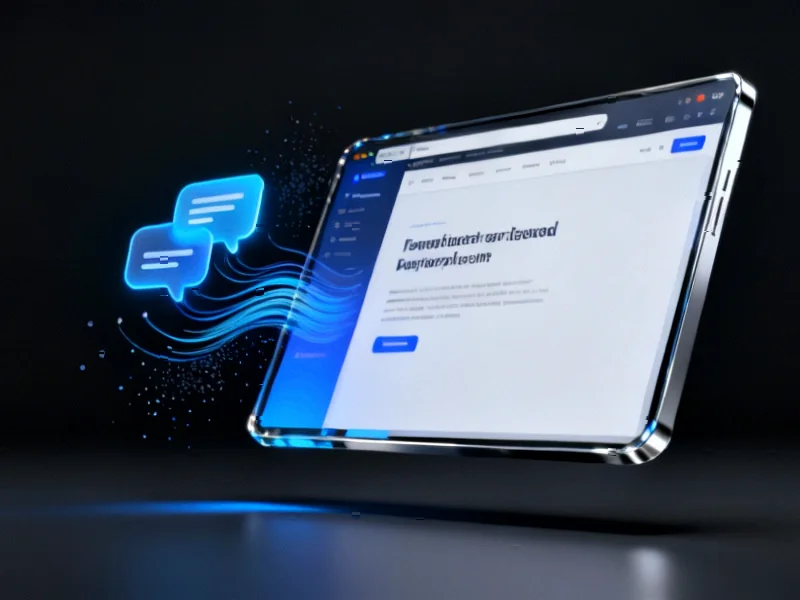Google Quantum AI Team Announces Verifiable Quantum Breakthrough Using Willow Processor
Google’s quantum computing division has announced a breakthrough using its Willow quantum processor, reportedly demonstrating verifiable quantum advantage for the first time. The team claims their system solved molecular simulations significantly faster than classical computers, marking progress toward fault-tolerant quantum computing.
Quantum Computing Milestone Reached with Willow Chip
Google’s quantum computing research team has announced what they describe as a verifiable quantum advantage achievement using their new Willow quantum processor, according to reports published in the journal Nature. Sources indicate the 105-qubit chip demonstrates significantly improved error suppression compared to previous quantum hardware, enabling calculations reportedly 13,000 times faster than classical supercomputers for specific tasks.









